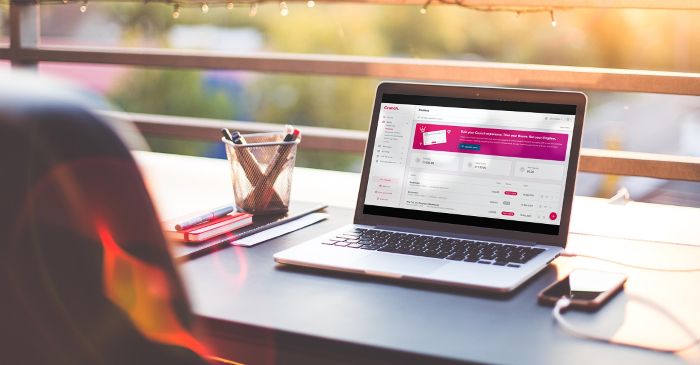As a plumber, you can claim a variety of tools and business equipment as expenses. The real challenge for tradespeople is understanding which costs are deductible, which aren’t, and finding a simple, reliable system to manage them.
Claiming expenses can be a slightly different process depending on whether you’re acting as a sole trader or a limited company, but HMRC applies the same test on whether an expense can be claimed or not in either case.
So, what expenses can you claim for as a plumber, and how do you go about keeping on top of them all?
The ‘wholly and exclusively’ rule
Sole traders and limited companies can claim back certain expenses that relate to their business and reduce their taxable profit. For sole traders, a reduced profit means you’ll pay less Income Tax – for limited companies, you’ll pay less Corporation Tax.
Claiming all eligible expenses helps lower your tax bill, but it’s important to understand what qualifies under HMRC rules. The general guideline is that expenses must be incurred “wholly and exclusively” for the purpose of your work. If you can demonstrate that a purchase was made solely for business use, it should be allowable as a deductible expense.
{{st-expense-guide}}
What could plumbers claim as an expense?
HMRC’s ‘wholly and exclusively’ rule opens up a world of opportunity when it comes to claiming expenses as a plumber. A lot of your equipment and tools, such as hammers, wrenches, drain cameras, pipe-benders and more are all claimable as business expenses, so long as you can prove that they are solely for business use.
That also means that workwear, such as company-branded t-shirts, uniforms, tool belts, goggles, and boots can all be claimed as well. You might struggle to prove that jeans and plain shirts meet HMRC’s rules. In those instances, it’s better to err on the side of caution.
You may even be able to claim your lunch as a business expense, although it can be a little trickier to claim for.
Claiming expenses for vans, cars, and work vehicles
As a tradesperson, having a mode of transport to lug all of your tools and equipment from one job to the next can be invaluable. Whether you’re eyeing up a classic white van, a company car, or even something as simple as a bicycle, you could claim your company’s wheels as a business expense, though you may want to check with an accountant to see if you’d be better off purchasing the vehicle personally and simply claiming the mileage.
You’ll also be able to claim the fuel costs on your vehicle, so long as you can prove the journey was made solely for business purposes. We go into more detail on business mileage in our “Who can claim?” article, and you can also check out our article on the taxation of company cars, where we dive into much greater detail on the subject.
{{pt-self-assessment}}
How do you keep on top of your expenses?
Keeping track of when you bought and how you used what you claim as a business expense is vital, since HMRC could refuse to validate your claim if they’re in any doubt your purchase was not solely for business use. This is particularly important with something like business mileage.
Thankfully, the days of keeping all your receipts and records in a shoebox are all but over, and many tradespeople now use online tools and accounting software to help them keep on top of them all. At Crunch, we offer a receipt-scanning app called Snap, which allows you to take a picture of your receipt and automatically upload it to your Crunch account. Our software extrapolates the key information from the image, and uploads it to your account as an expense, ready to be matched up to your bank records, as well as saving the image in case you need it at a later date.
If you’re not currently keeping digital records of your expenses, it’s important to start – you don’t want tax season to come around and discover that you’ve misplaced all of your receipts. One way to record your expenses is in a spreadsheet – if you’re not already doing so, you can download our free business expenses spreadsheet to help get you up-and-running. We recommend you also take photos of all your receipts and keep any electronic invoices – ideally keep them somewhere safe and well organised. Online storage such as Google Drive, iCloud, Office 365 and Dropbox can be really useful.
What’s even better than a spreadsheet, though? That would have to be free online accounting software – much like Crunch Free! With Crunch Free, you can record your expenses, send invoices, and much more all within your secure cloud-based account. Best of all, Crunch Free is exactly that: totally free.
Of course, we believe the best way to keep on top of your expenses is to get an accountant! At Crunch, our expert team of client managers and chartered certified accountants are always on hand to advise you on what expenses you can and can’t claim. You’ll also have access to our aforementioned Snap app and easy-to-use online accounting software to make recording your expenses easier than ever before.

.svg)



.webp)









.avif)





